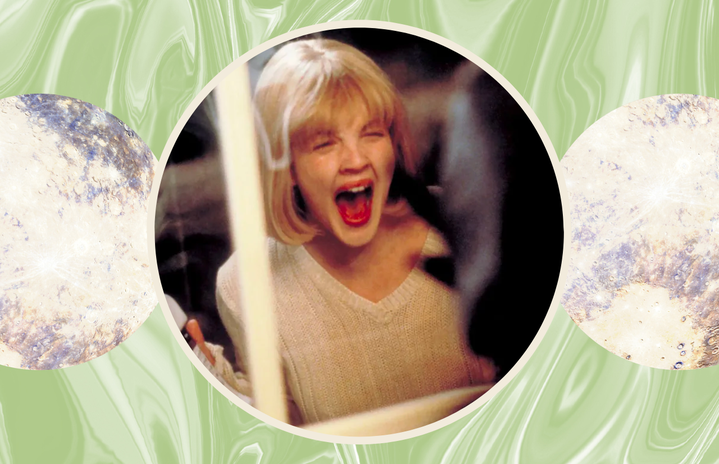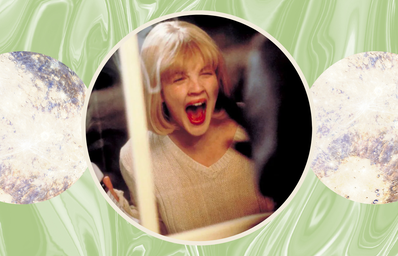You might not know what the ‘Final Girl’ trope means but I can guarantee that you’ve seen it before. The ‘Final Girl’ can be found in almost every single horror movie and in short, is the last person standing to meet the killer. There are usually two outcomes; the girl is either brutally killed or heroically saved.
This term was coined in 1992 by Carol J. Clover’s ‘Men, Women, and Chain Saws’ and since then it has raised several debatable points. In light of Halloween, there’s no better time to discuss the implications that come with being the ‘Final Girl’ and why I think we should focus more on the people who are killed off first.
Clover mainly studied horror films from the 1970s to the 1980s and noticed a pattern. The ‘Final Girl’ is given the privilege to live because of her implied moral superiority. What I mean is that they’re usually illustrated as conservative, shy girls who prioritise school and are conventionally pretty. ‘Final Girls’ refuse all drugs, sex and alcohol, in contrast to their peers, which justifies their quick deaths.
She also explains how the ‘Final Girl’ is usually portrayed to us from the perspective of the Male Gaze (i.e the killer). The film ‘Halloween’ (1978) is a perfect example of this when Michael Myers stalks Laurie. However, every film seems to have a pivotal point where the focus shifts to the ‘Final Girl’ and people start to root for her.
At first glance, a young woman defending herself from a murderer sounds like a feminist move but in my opinion, it couldn’t be further from the truth. In the early days, the only reason that the ‘Final Girl’ would be spared is because of their virginal and innocent attributes. Since they possessed those qualities, they deserved to survive. Whereas anyone who didn’t conform to those ideals deserved to be cut off straight away.
Nowadays, there are more complex characters who don’t fit the ‘Final Girl’ bill. However, many times the stories are still depicted by the male gaze and the plot focuses on the killer rather than the woman’s survival. Additionally, the ‘Final Girl’ has to suffer immensely before being freed and hardly ever makes it alive clean. There’s also uncertainty about whether the ‘Final Girl’ is actually successful or not due to the trend of horror films leaving open endings. Even in films where the ‘Final Girl’ is active in the plot and has sex, she is still usually white, cis-gendered and from a middle-class background.
But enough of the ‘Final Girl’, what about the people who are killed in the beginning? Clover believes that they are killed first because of their overt femininity and that the only reason ‘Final Girls’ are given any empathy is because of their supposed androgyny. According to Clover, besides being diligent, they also have gender-neutral names, which makes it easier for men to identify with. If that’s not problematic enough, she also mentions some phallic attributes, which help, I guess?
Not too sure about how that works but I have a different point of view. The people who are killed off first aren’t necessarily the most feminine characters but are those that have the “wrong” type of femininity. I wouldn’t say that the typical ‘Final Girl’ has many masculine traits, it’s more like they don’t value vanity. I would even go as far as to say that it’s not only hyper-feminine characters who die first but also those who are queer-coded. I want to make clear that notions of masculinity and femininity are outdated but for this context only, I think you know what I mean.
No one can really win with the ‘Final Girl’ trope. The individuals who sway a little more to 1 side than another suffers and the woman who conforms to the societal ideals suffers too. The question is, why are we so obsessed with seeing women suffer? I don’t necessarily think it’s intentional, but I do think that it’s time for stories that go BEYOND the ‘Final Girl’ plot.

